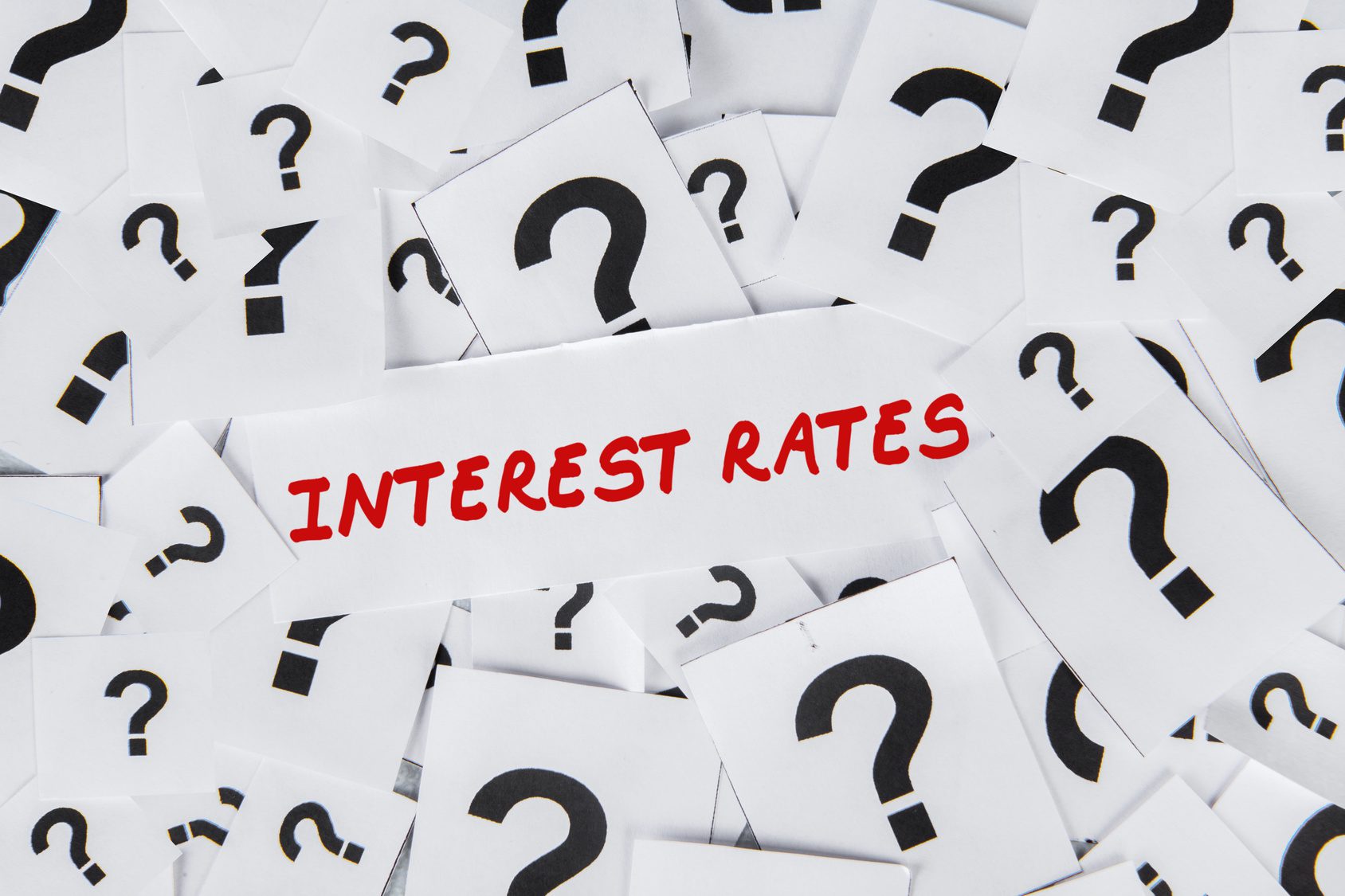This New York Times article published in DealBook indicates that banks have effectively blacklisted more than a million low-income Americans “after relatively minor banking missteps like overdrawing accounts, amassing fees or bouncing checks.”
Rejection for would-be bank customers can come as a shock. Tiffany Murrell of Brooklyn says a credit union denied her checking account application in September 2012 even though she had a job as a secretary and was up to date on her bills.
The obstacle, it turned out, was a negative report from ChexSystems, a consumer credit reporting firm that provides customer data to virtually every major bank and credit union in the nation. The black mark stemmed from a overdraft of roughly $40 in June 2010, according to a copy of a letter that the 31-year-old Ms. Murrell later received from ChexSystems. While she repaid the amount, plus interest and fees, before applying for a new account, the incident, she says, has barred her from opening an account at nearly every bank she has tried, an experience she called “insulting and frustrating.”
The article gives a one sentence explanation as to why reporting systems are used by financial institutions and indicates that these reporting solutions have negatively impacted millions of low-income Americans in the same two-sentence paragraph:
When the databases were created more than 20 years ago, they were intended to help banks guard against serial fraud artists, like those accused of writing bogus checks. Since then, though, the databases have ensnared millions of low-income Americans, according to interviews with financial counselors, consumer lawyers and more than two dozen low-income people in California, Illinois, Florida, New York and Washington.
This gem of a sentence that identifies that the fraud these reporting systems are designed to prevent has surged 50 percent in the last year to $9.8 billion annually is buried 14 paragraphs later:
Culling information from the databases is one prong in an assessment, as lenders vet potential customers and screen for fraud. Losses from fraud on new bank accounts surged to $9.8 billion last year, up 50 percent from a year earlier, according to Javelin Strategy and Research.
The article fails to point out that many banks now have prepaid accounts for consumers that do not utilize these reporting systems.











